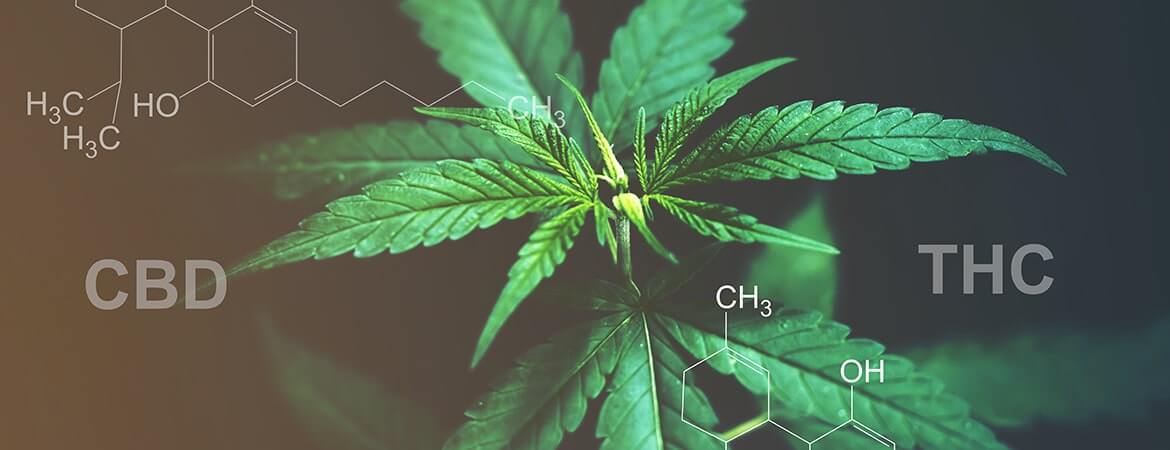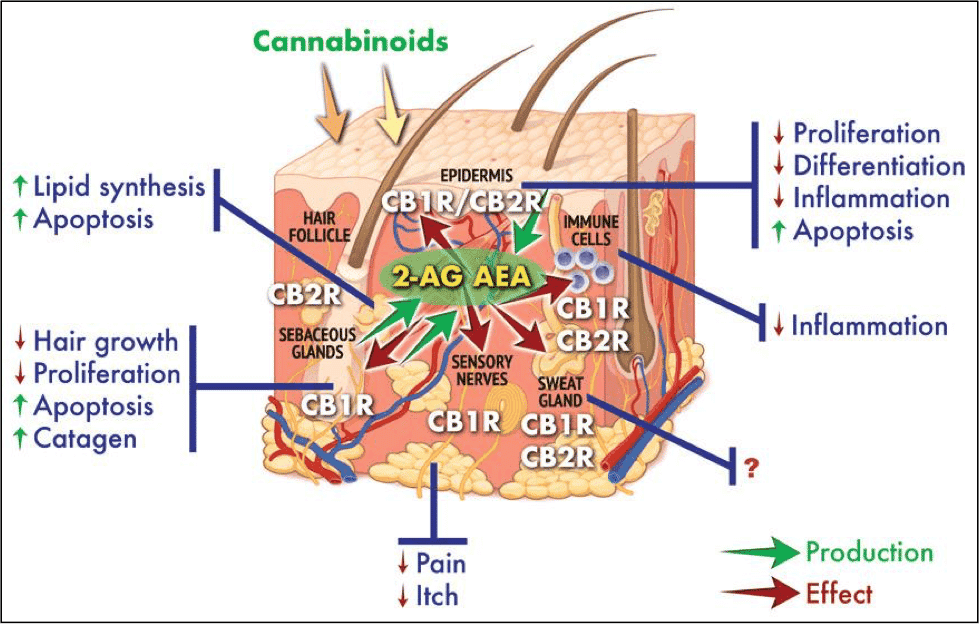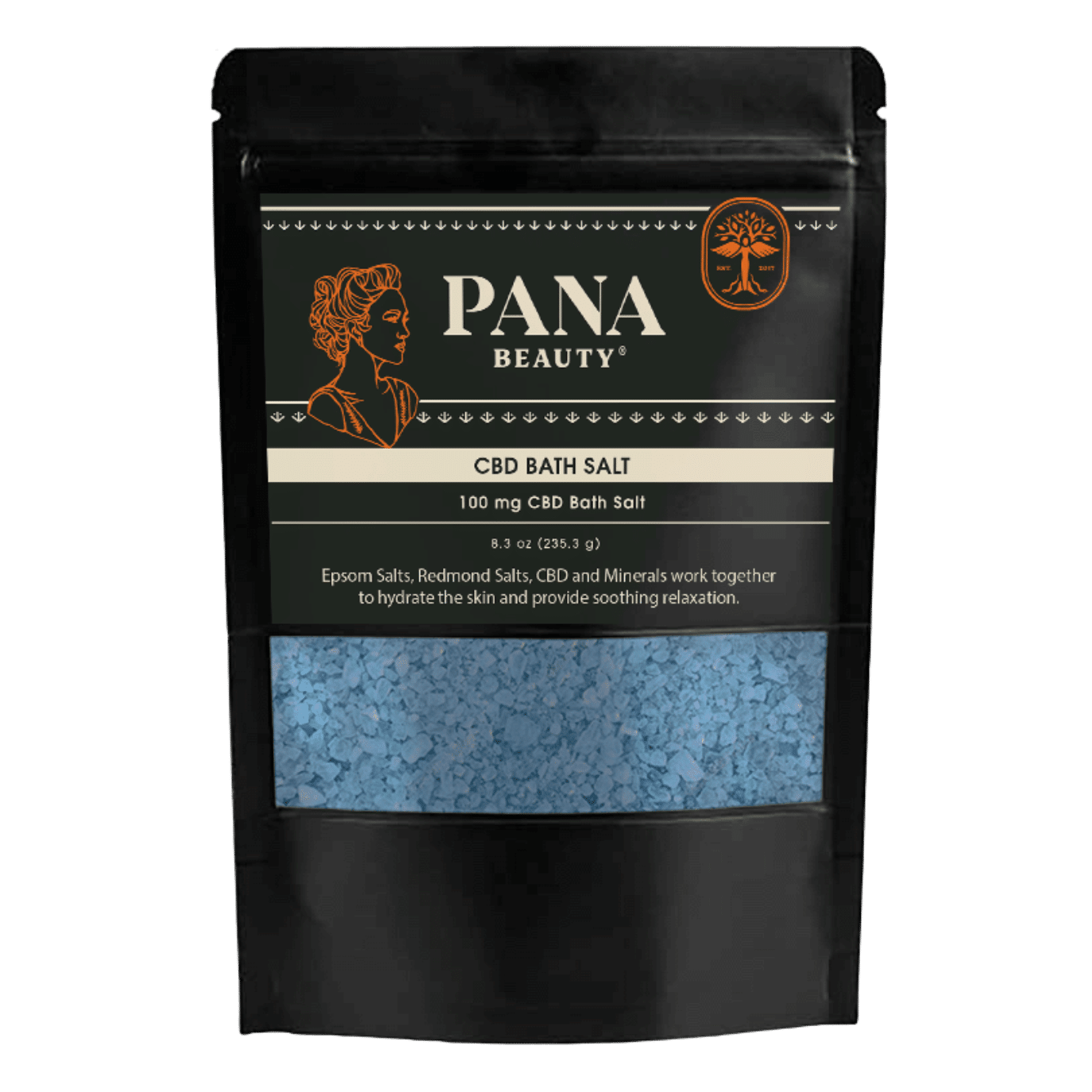You have probably seen cannabidiol (CBD) products in plenty of places. Some of them were perhaps expected, in pharmacies or holistic shops. But there are likely a few other places that you were surprised to see a CBD product, like a coffee shop or a grocery store. In these places, they were probably things like pastries or snacks with a label that said they had CBD. Those were CBD edibles, and they are a massive deal in the CBD world. But why is that exactly? What benefits do they offer?
First thing’s first: a definition of CBD
It is probably best to talk about what CBD even is before we can talk about why it is so prevalent in good form. So, let’s lay down that groundwork.
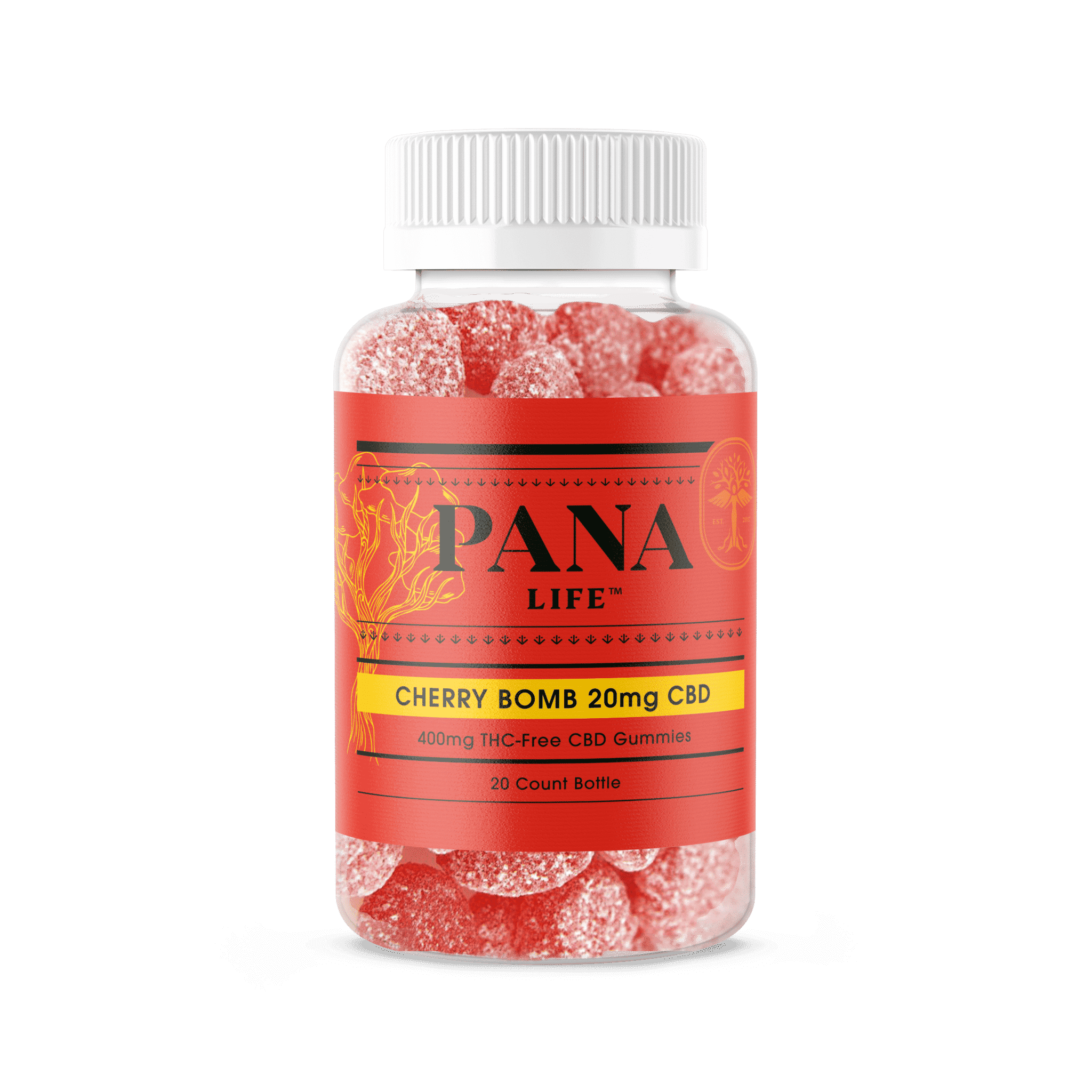
CBD is a member of a specific class of chemical compounds known as cannabinoids. These compounds are very commonly found in cannabis plants, especially marijuana and hemp. They are very diverse, with over 113 different cannabinoids that scientists have identified so far. CBD is not likely to be the only cannabinoid that you have ever heard of. There is another one that is arguably more famous. That would be tetrahydrocannabinol (THC).
The reason for THC’s fame lies mainly in its effect on those who use it. THC is what is known as psychoactive. This means that it creates the inebriating high that is so commonly thought to go hand-in-hand with cannabis. People often think that being a cannabinoid automatically makes CBD psychoactive as well. However, this is not the case. CBD does not give any sort of high or inebriation. It is not psychoactive in any way.
When CBD manufactures extract the cannabinoid, they usually use hemp instead of marijuana. There are a few good reasons for this. One is that marijuana has high levels of THC and varying degrees of CBD. Hemp, on the other hand, has high levels of CBD and only 0.3% THC content. This makes hemp ideal for CBD extraction because not only is there plenty of CBD but also because the THC content is not high enough to cause any sort of psychoactive effect.

-
Sale!

Soothe CBD Topical Salve 250mg
$21.95From: $8.95 Select options This product has multiple variants. The options may be chosen on the product page -

F.A.S.T. Extra 50mg CBD
$37.95 Add to cart -
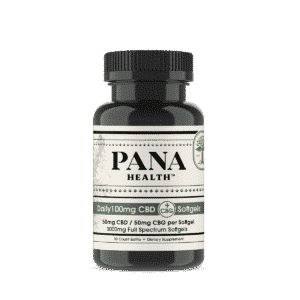
DAILY CBD+CBG Softgels 100mg
$41.75 Add to cart
Another reason why CBD manufacturers prefer hemp is based on legality. As of 2018, hemp is legal in the United States (within limits in individual states). This is a result of the Farm Bill. The Farm Bill is a law that must be reviewed, updated, and passed every five years again. It controls everything to do with agriculture in the country, including what farmers can and cannot grow and sell. The 2018 version of the bill included a provision that officially legalized hemp. Marijuana, meanwhile, is still federally illegal. This is based mainly on the fact that THC is still considered a dangerous drug by the United States government. A handful of states have legalized marijuana, some for medical use, others for recreational.
As CBD has gained in popularity, the number of studies on the cannabinoid has gone up. This has led to a greater understanding of what CBD may be able to do for those who use it. For example, some studies have suggested that CBD may help people achieve a greater sense of calm. At the same time, others have shown promising results for CBD helping maintain joint health. These are just a couple of examples of what research has been focusing on. The research done on CBD may still be preliminary, but it is diverse.
What is so great about CBD edibles?
CBD extract is versatile and can be easily made into any number of products. But despite this, CBD edibles are one of the most popular kinds of CBD out there. But why is this? Well, let’s talk about the pros and cons of taking CBD through edibles.
One of the biggest draws when it comes to CBD edibles is the flavor. Some CBD extracts have a bit of the earthy taste of hemp. While many people do not mind this or like it, others cannot stand it. So, edibles are a good option for them since they provide them with a chance to get CBD’s benefits with a flavor they enjoy.
Another draw is the ease that edibles provide in knowing how much CBD you have taken. CBD edibles are usually made with the same amount of CBD in each edible. This is nice because some of the other CBD products can take control of a little bit difficult. It is easy to accidentally put drop too many CBD oil drops when administering with a dropper.
The one drawback of edibles is how long they can take for the CBD to start working. Since the CBD is made into the food, the food needs to digest before the CBD can enter your bloodstream and begin its work. This means that you may need to wait up to an hour to feel the CBD effects. However, edibles are also considered to have the longest-lasting impact. So, there is a little bit of trade-off with them.
These are some of the main reasons why people prefer CBD edibles. But of course, some people like them just because they are fun. After all, who doesn’t love the idea of getting your CBD from candy or a cookie?
What are other kinds of CBD products out there?
As you can see, edibles are an excellent option for a lot of people. But that does not mean that they are perfect for everyone. Here are a list and descriptions of some of the other kinds of CBD products out there.
Oils & tinctures
These are among the more straightforward CBD products out there. They are CBD extract mixed with a carrier oil, like coconut oil, for example. Many people prefer tinctures because they provide them with options on how to take the product. One way is by mixing the oil or tincture in with food or drink. This makes it much like having your own homemade CBD edible. And like with edibles, you need to wait for the food or drink to digest before the CBD can start working. Another way to take a tincture or oil is by placing a drop or two directly into your mouth. The appeal of this is that the skin under your tongue is thin and allows for the CBD to absorb into your system quickly and easily.
Capsules & tablets
Some people prefer to get their CBD from more pill-like products. If you think that describes you, you should keep an eye out for tablets and capsules. CBD capsules are the most like a traditional pill. The one difference is that they tend to be soft gels. That means that they are made out of liquid CBD extract. This makes it, so they digest a bit faster, allowing the CBD to start working more quickly. Tablets are a little bit different. Most CBD tablets are sublingual. That means that instead of swallowing them whole, you place them under your tongue and dissolve. As mentioned above, the skin under the tongue is thin so that CBD can absorb through it quickly.
FDA approved medications
The Food and Drug Administration (FDA) has approved a handful of different CBD-based medicines in the last few years. The first one was Epidiolex, which is a medication that is aimed at helping fight epileptic seizures. Another major one is called Sativex. This medication is made to help keep down the spasticity that is a common side effect of MS. The rest of the CBD-based medicines approved by the FDA are mainly made to help deal with nausea, which is a common side effect of cancer treatments.
Topicals
This is probably the broadest category of CBD products. It includes anything that you use on your skin that has been made with CBD. They can be lotions, salves, balms, hand sanitizers, and, even, K-tape. Topicals are not likely to give you the same overall effect that you may get from other CBD products. This is because the CBD in them usually does not enter the bloodstream as it does with oral products. Instead, it absorbs in through the pores, staying where it is initially placed to do its work.
CBD edibles are one of the more popular CBD products out there right now, but who is to say what CBD product will be grabbing people’s eyes in a few years? The CBD industry has recently put out some exciting products, and it will likely put out more as time goes on. In the meantime, enjoy that CBD cookie or those CBD chips and keep an eye out for further developments in the CBD world as they come.
Have any comments, questions, or concerns that were not addressed by this article? Let us know! You can do that through our contact us page or by emailing us at [email protected].

